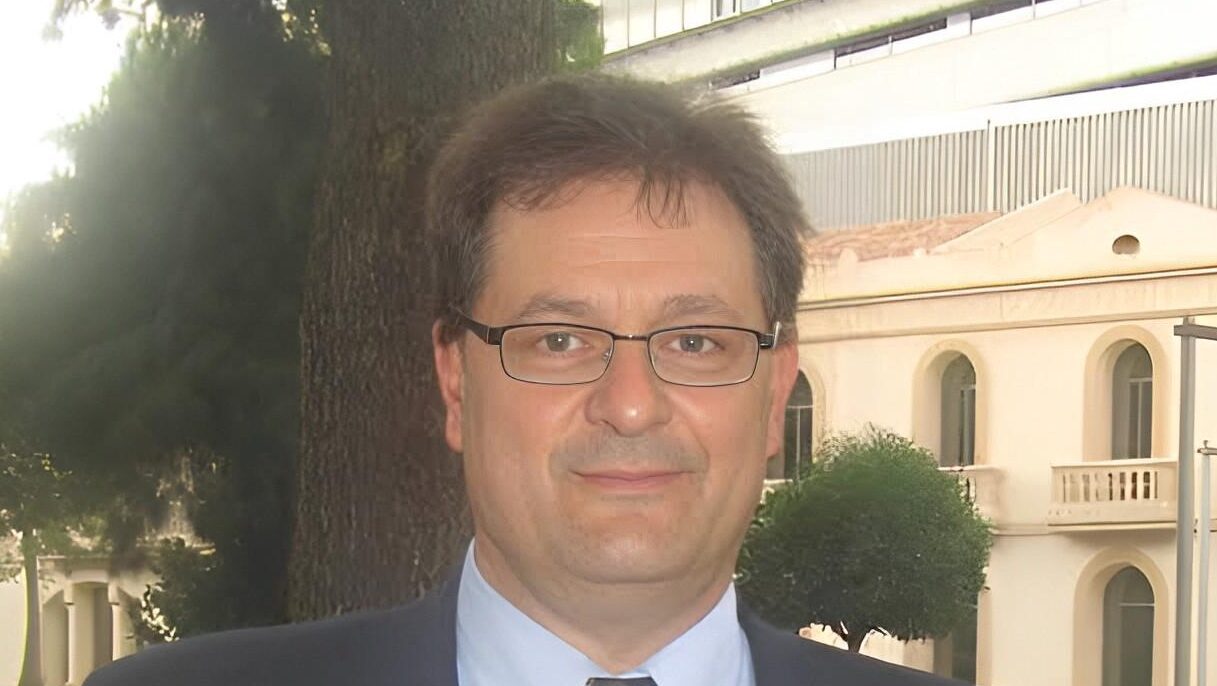Miguel Bronchud, Co-Founder and Advisory Board at Regenerative Medicine Solutions, shared a post on LinkedIn:
“The ‘black box’ of cancer? A ‘new epigenetic methodology’makes it possible to reconstruct the evolution of cancer and anticipate its clinical progression?
A new concept emerges from epigenetic analysis but with more questions than answers at present.
Title: Fluctuating DNA methylation tracks cancer evolution at clinical scale
Authors: Calum Gabbutt, Martí Duran-Ferrer, Heather E. Grant, Diego Mallo, Ferran Nadeu, Jacob Househam, Neus Villamor, Madlen Müller, Simon Heath, Emanuele Raineri, Olga Krali, Jessica Nordlund, Thorsten Zenz, Ivo G. Gut, Elias Campo, Armando Lopez-Guillermo, Jude Fitzgibbon, Chris P. Barnes, Darryl Shibata, José I. Martin-Subero, Trevor A. Graham
Read the Full Article on Nature

“An international team ( Spain/UK/USA) led by the Clínic-IDIBAPS and the Institute of Cancer Research in London has developed an innovative new method based on DNA methylation to decipher the origin and evolution of cancer, and also predict its future clinical course.
The study, published today in the journal Nature, analyses the evolution of tumours in 2,000 patients with leukaemia and lymphoma. Not sure yet the same will apply to solid tumors and epithelial cancers in the same way.
This new methodology called EVOFLUx, based on natural DNA methylation barcodes fluctuating over time- that quantitatively infers evolutionary dynamics using only a bulk tumour methylation profile as input
See: Gabbutt, C. et al. Fluctuating methylation clocks for cell lineage tracing at high temporal resolution in human tissues. Nat. Biotechnol. 40, 720–730 (2022).
They applied apply EVOFLUx to 1,976 well-characterized lymphoid cancer samples spanning a broad spectrum of diseases and show that initial tumour growth rate, malignancy age and epimutation rates vary by orders of magnitude across disease types; and then measured that subclonal selection occurs only infrequently within bulk samples and detect occasional examples of multiple independent primary tumours.”
Title: Fluctuating methylation clocks for cell lineage tracing at high temporal resolution in human tissues
Authors: Calum Gabbutt, Ryan O. Schenck, Daniel J. Weisenberger, Christopher Kimberley, Alison Berner, Jacob Househam, Eszter Lakatos, Mark Robertson-Tessi, Isabel Martin, Roshani Patel, Susan K. Clark, Andrew Latchford, Chris P. Barnes, Simon J. Leedham, Alexander R. A. Anderson, Trevor A. Graham, Darryl Shibata
Read the Full Article on Nature

Clinically, they saw faster initial tumour growth in more aggressive disease subtypes, and that evolutionary histories are strong independent prognostic factors in two series of chronic lymphocytic leukaemia.
Although methylation has traditionally been thought to act as a switch that turns gene expression on or off, this study reveals an additional function of this modification- registering any relevant memory of the process of carcinogenesis.
The research team discovered that the original cell that gave rise to the tumour leaves a unique methylation signature, a fingerprint that not only reveals the identity of the tumour cells, but also changes as the tumour grows and diversifies.
Thanks to advanced mathematical models, the study was able to decipher these methylation patterns.
Whether the technique by itself can in fact provide clinicians with the in vivo growth kinetics on any leukemia remains to be prospectively confirmed in the clinic.
If it does provide the kinetic growth information to solid common epithelial cancers in vivo, it could be used to adapt chemotherapy schedules (or even waiting lists for primary surgery.)”
More posts featuring Miguel Bronchud.


